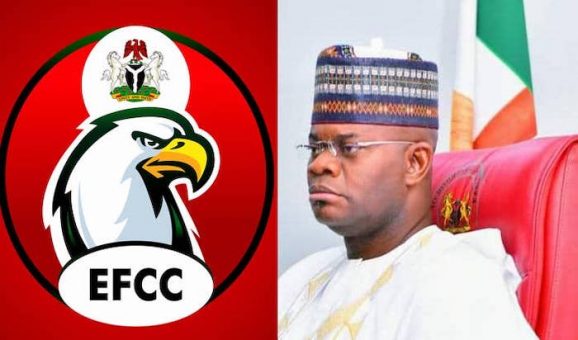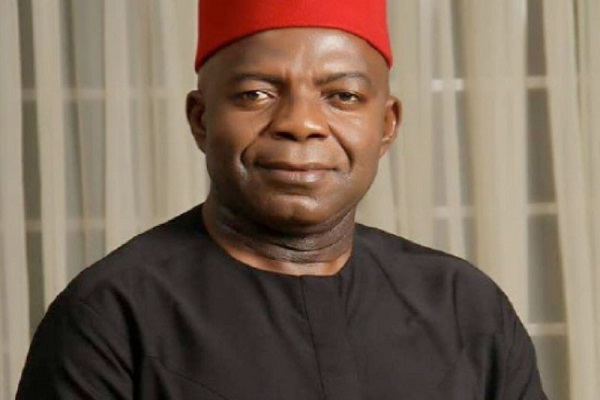Mrs. Titilayo Oshodi, special adviser to Governor Babajide Sanwo-Olu on climate change and the circular economy, has cautioned that failing to address climate change could lead to significant economic losses for Nigeria, potentially amounting to billions of naira. Speaking at the 36th Platform Nigeria event organized by Covenant Nation Church, she highlighted a report estimating that inaction could cost Lagos State between $22 and $25 billion due to climate impacts on agriculture and tourism.
However, Mrs. Oshodi also pointed to substantial economic opportunities, referencing a Manufacturing Africa report projecting a $2.7 billion economic boost by 2030 through leveraging resources in agriculture, solar energy, and green manufacturing. She discussed several initiatives driving sustainability in Lagos, including:
EcoCirculate Programme: An education-driven initiative promoting sustainable practices by rewarding citizens with benefits tied to social amenities like transportation and healthcare.
Waste-to-Energy Projects: In collaboration with Ghana, these projects aim to convert waste landfills into energy facilities, expected to generate 60-70 megawatts of electricity, power 70,000 homes, reduce carbon emissions by over 500,000 metric tonnes, and create numerous jobs.
READ ALSO
Lagos Health Board Targets Cholera Prevention with Inspections
Lagos NPC Seeks UNICEF Collaboration for E-Birth Registration Campaign
Mrs. Oshodi emphasized integrating climate literacy into education and media, empowering citizens to support sustainable policies. She urged businesses to adopt the Environmental, Social, and Governance (ESG) framework, stating, “Businesses must innovate and push the boundaries of technology to drive sustainability.”
Concluding her speech, she called for accountability from both businesses and the government, stressing, “The time to act is now.” She advocated for a collaborative approach involving government, businesses, and citizens to secure a prosperous and sustainable future for Nigeria, emphasizing that collective efforts are essential in tackling climate change and promoting sustainability.




